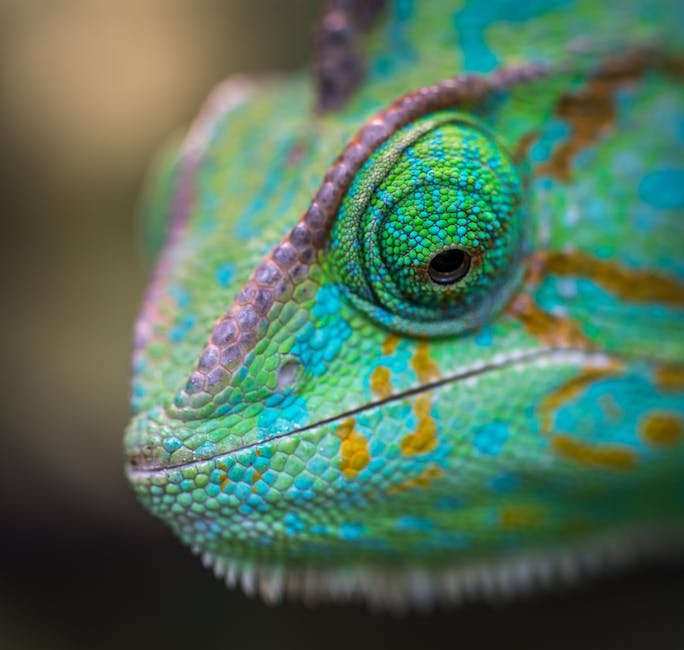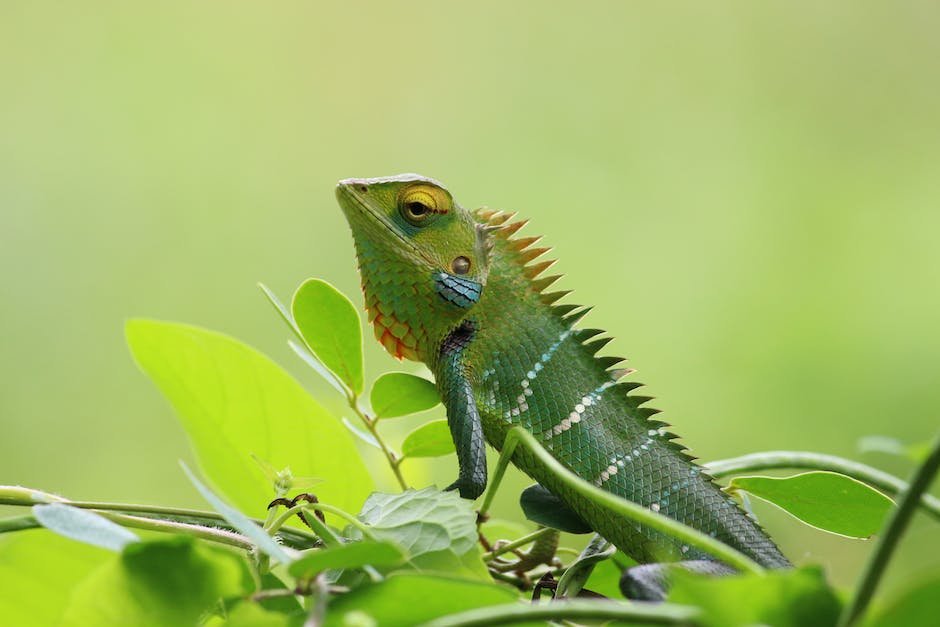Contents
The armadillo lizard is a small, burrowing lizard found in dry, desert habitats. These lizards are well- adapted to life in the desert, with a hard, scaly body that helps them retain water. Armadillo lizards are shy and secretive, and spend most of their time hiding in their burrows. These lizards are insectivores, and their diet consists mostly of ants and termites.
Armadillo lizard is a lizard that is native to southern Africa. It is also known as the Cape armadillo or the armadillo girdled lizard. It is a member of the girdled lizard family, which includes other lizards such as the leopard lizard and the Cerberus lizard. The armadillo lizard is unique among lizards in that it has a hard, armor-like shell that protects it from predators. The shell is made up of overlapping scales that are held together by tough connective tissue. The armadillo lizard is a relatively slow-moving lizard and does not burrow. It is a opportunistic feeder and will eat a variety of food items, including insects, spiders, and small mammals.
What do armadillo lizard do?
Armadillo girdled lizards are diurnal and during the night they find their shelter in rock cracks and crevices. They live in social groups of up to 30 to 60 individuals of all ages, but usually fewer. Males are territorial, protecting territory and mating with the females living there. These lizards are known to be very friendly and docile, making them popular pets.
If you’re looking for a pet lizard that is relatively easy to care for, the armadillo lizard is a good choice. These lizards are relatively docile and don’t require as much care as some other reptiles. However, they do have some specific requirements that need to be met in order to keep them healthy and happy.
What do Armadillo Lizards eat
Armadillo lizards are a type of lizard that is native to South America. These lizards get their name from the fact that they are often found living in termite mounds. Armadillo lizards are opportunistic feeders and will eat a variety of different things. In the wild, their diet consists mostly of insects, but they will also eat spiders, scorpions, millipedes, and small vertebrates. In captivity, armadillo lizards can be fed a diet of crickets and occasionally pinky mice.
If you’re looking for a scaly reptile to add to your home, the armadillo lizard is a great option! These lizards are very sociable and easy to take care of, making them a great choice for first-time reptile owners. Plus, they don’t require a lot of space, so they’re perfect for smaller homes. And, despite their scaly appearance, armadillo lizards are actually quite gentle and make great pets for kids. Best of all, they’re not poisonous, so you don’t have to worry about them harming your family.
Are Armadillo Lizards aggressive?
These lizards are not very active and spend most of their time basking or lying under rocks. Despite their strong bite, they rarely bite in captivity. They are known to be very docile but can become stressed with handling.
Some interesting facts about armadillos include the following:
– They have tiny mouths and small peg-like teeth used for grinding, so they cannot bite.
– They are the only mammal with a hard shell.
– When fleeing from predators, they often seek refuge in thorny patches that the predators will avoid.
– They are also good diggers and can often dig their way to safety.
Why do armadillo lizard bite their tail?
Different species of animals engage in tail biting for different reasons. For some, it is a way to make themselves appear bigger and more intimidating to predators. Others use it to expose sharp armor or other features that would discourage a predator from attempting to eat them. Still others simply do it as part of a social ritual. Regardless of the reason, tail biting can be a beneficial behavior for many animals.
The Armadillo Lizard has two nostrils at the end of its snout, which are formed into little tubes. These tubes help the Armadillo Lizard to smell for food or predators. The tubes also help the Lizard to breathe, as they are open at the end.
Do Armadillo Lizards give live birth
The female armadillo girdled lizard is a live bearer, and gives birth to one or two young at a time. This is unusual for a lizard, as most species lay eggs. The female may even feed her young, which is also unusual for a lizard. Females of this species give birth once a year at most, although some take a year off between births.
The nine-banded armadillo is a native species to the Americas, specifically Central and South America. They are now found in North America as well. Their scientific name is Dasypus novemcinctus. They get their name from the nine longitudinal bands on their exoskeleton. These bands are actually scutes, which are modified scales. They are also armor-like and help protect the armadillo from predators. They have a plated shell which is also helpful in defense. The thickness of their shell varies depending on the species, but is generally about 4-5mm thick.
Armadillos are known for their poor eyesight, but they make up for it with an excellent sense of smell. They are nocturnal animals and spend most of their time either foraging for food or resting in their burrows. They are solitary animals except for during the mating season.
The gestation period for a nine-banded armadillo is about 4-5 months. Litters usually consist of 4 babies, but can range from 1-7. The young armadillos are born with their eyes open and are able to walk and eat on their own within a few hours.
Nine-banded
How fast can an armadillo lizard run?
Despite their slow and lumbering appearance, armadillos can reach a top speed of 30 miles per hour. Most species of the armadillo group rely upon running to protect themselves from predators, rather than rolling up into a ball. This makes them surprisingly agile and fast animals.
Armadillos love to burrow and will gladly turn your yard into a scattered, lumpy mess of holes with their destructive digging. This can ruin the aesthetics of your home’s exterior, damage critical underground pipes, cables, and structural foundations. If you have an armadillo problem, it’s best to call in a professional to help remove them.
How big do Armadillo Lizards get
The armadillo lizard is a 240mm – 300mm long, southern African member of the family Cordylidae. It is also called a girdled lizard, a workers lizard or a delagoa lizard. It is sexually dimorphic, with the males much larger than the females. The body isGoverned by armoured scales which range in colour from almost black to yellow-brown, often with patterns made up of darker dots. The lizard has the ability to autotomise its tail, which will grow back over time. If threatened, it can defend itself by rolling into a ball, with its head and tail protected inside its armour.
If you’re having trouble with armadillos, try using ammonia, vinegar, or mothballs. These items will ward off armadillos. For effective trapping, place more than one trap in various locations, especially near the armadillos’ burrows.
Can you pick up an armadillo safely?
There is a very low risk of contracting Hansen’s disease from armadillos, and most people who come into contact with them will not get the disease. However, it is best to avoid contact with armadillos whenever possible, as there is a small chance of contracting the disease. If you have had contact with an armadillo and are concerned about getting Hansen’s disease, talk to your healthcare provider.
Although armadillos may not seem stressed in captivity, they can become aggressive or bored. Health problems are also a concern for captive armadillos. Therefore, they may not make good pets for most people.
What attracts armadillos to your yard
There are a few things that can attract armadillos to your yard. If your property is close to a forest or woodland, you’re more likely to encounter the armored animals. They like places to hide and some humidity. Moist, porous soil can attract armadillos because it’s easier to burrow in. If you have an armadillo problem, you can try to trap them or remove sources of food and water.
While armadillos are the only known animals that can inherit leprosy from humans, there is evidence that the microbe can be passed on to humans when handling or eating infected nine-banded armadillos. Some studies indicate that in certain areas of the US, as many as 20 percent of the armadillo population may be infected with Mycobacterium leprae. While the disease is very rare in humans, those who do contract it can experience severe disfigurement and disability. Therefore, it is important to take precautions when handling or consuming armadillos.
What are armadillos good for
Armadillos are a fascinating and beneficial part of our ecosystem. They help control pesky insect populations and their burrowing can aerate the soil. However, they can also become a nuisance by digging in lawns, golf courses and gardens. If you find an armadillo on your property, the best course of action is to relocate it to a more suitable habitat.
Most lizards who can autonomize have fracture planes on each of their tail vertebra. These are weak spots that allow the lizard to shed its tail if it is grabbed by a predator. The tail that is shed will continue to move for a short period of time, distracting the predator and allowing the lizard to escape.
How does a armadillo lizard protect itself
The lizards have a very interesting defense mechanism. When they feel threatened, they will roll into a ball and bite their tail. This will protect them from predators. If the threat is great enough, the lizard will detach its tail. This is a common tactic employed by many lizards.
Draco Lizards are small in size, but are able to take flight. There are around 40 species of Draco lizards.
Final Words
The Armadillo Lizard is a small, squat reptile that is covered in hard, protective plates. It is found in arid regions of Africa and Asia and is known for its Burrowing ability. The Armadillo Lizard is a Nocturnal creature and feeds on small insects, grubs, and other invertebrates.
The armadillo lizard is a small, unique creature that is found in the deserts of southern Africa. These animals are interesting because they have a hard, armor-like shell that protects them from predators and the harsh desert environment. While they may not be the most cuddly creatures, they are definitely fascinating animals that are worth learning more about.

0 Comments